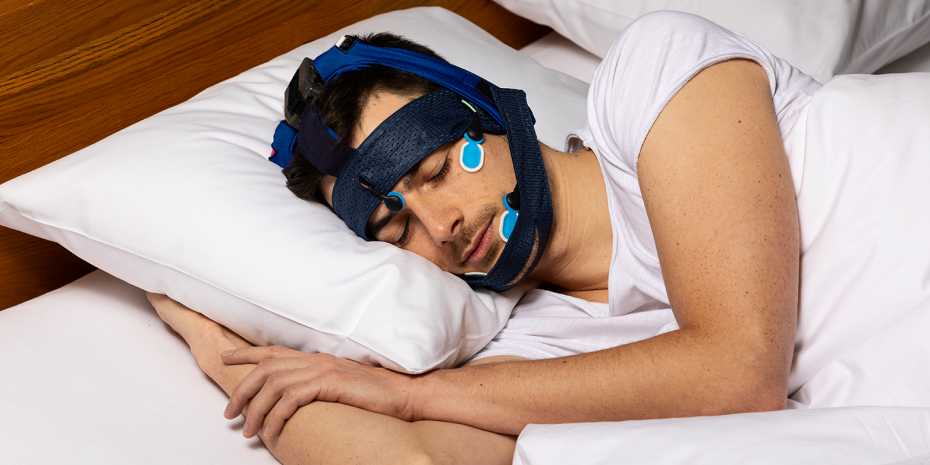According to a separate study from the Faculty of Medicine at the University of Paris-Cite, France 1 in 5 people struggle with sleep apnea, but only 3.5% are receiving treatment. It is estimated that for every 10% decrease in the amount of deep sleep a person gets the brain ages as it is around 2.3 years older.
Brain health can be measured with biomarkers in white matter such as tiny lesions called white matter hyperintensities that are visible on brain scans which become more prevalent with age or by uncontrolled high blood pressure.
“These biomarkers are sensitive indicators of early cerebrovascular disease. Finding that severe sleep apnea and a reduction in slow-wave sleep are associated with these biomarkers is important since there is no treatment for these changes in the brain, so we need to find ways to prevent them from happening or getting worse,” says Dr. Diego Carvalho from the Mayo Clinic.
This study included 140 participants with an average age of 73, who had obstructive sleep apnea and were without cognitive issues at the beginning of the study or dementia at the conclusion. Each of the participants had brain scans and had an overnight stay at a sleep laboratory to investigate how long they spent in deep sleep. 34% of the participants had mild sleep apnea, 32% had moderate sleep apnea, and 34%had severe sleep apnea.
Findings revealed that for every 10% decrease in deep sleep, the white matter hyperintensities increased the equivalent of aging 2.3 years. Those with severe sleep apnea had greater increases in white matter hyperintensities than those with mild or moderate conditions, and those with greater increases demonstrated a decrease in the integrity of brain axons that connect nerve cells.
“More research is required to ascertain if sleep issues affect these brain biomarkers or if it’s the other way around. We also need to explore whether improving sleep quality or treating sleep apnea can affect the trajectory of these biomarkers,” adds Dr. Carvalho.
“We know that Obstructive Sleep Apnea (OSA) is a significant health risk. But if patients are diagnosed with this condition, they can receive treatments and advice to mitigate the risks, adds Dr. Pauline Balagny from the University of Paris-Cité, whose research is published in the journal ERJ Open Research. “Our study implies that OSA is common, but the majority of those affected are unaware they have the condition.”
In a separate study published in BMC Medicine, researchers from the University of California-Berkeley report that deep sleep can help to protect older adults from Alzheimer’s related memory loss, finding that those with high amounts of amyloid deposits in their brain who experience better quality sleep are able to perform better on testing than those with the same amount of deposits that did not sleep as well.
“Think of deep sleep almost like a life raft that keeps memory afloat, rather than memory getting dragged down by the weight of Alzheimer’s disease pathology,” says UC Berkeley professor of neuroscience Matthew Walker. “It now seems that deep NREM sleep may be a new, missing piece in the explanatory puzzle of cognitive reserve. This is especially exciting because we can do something about it. There are ways we can improve sleep, even in older adults.”




